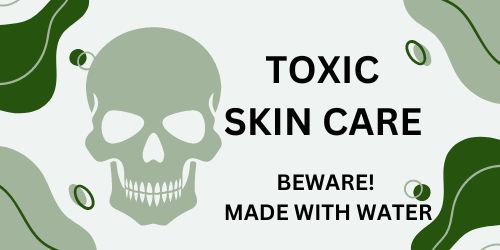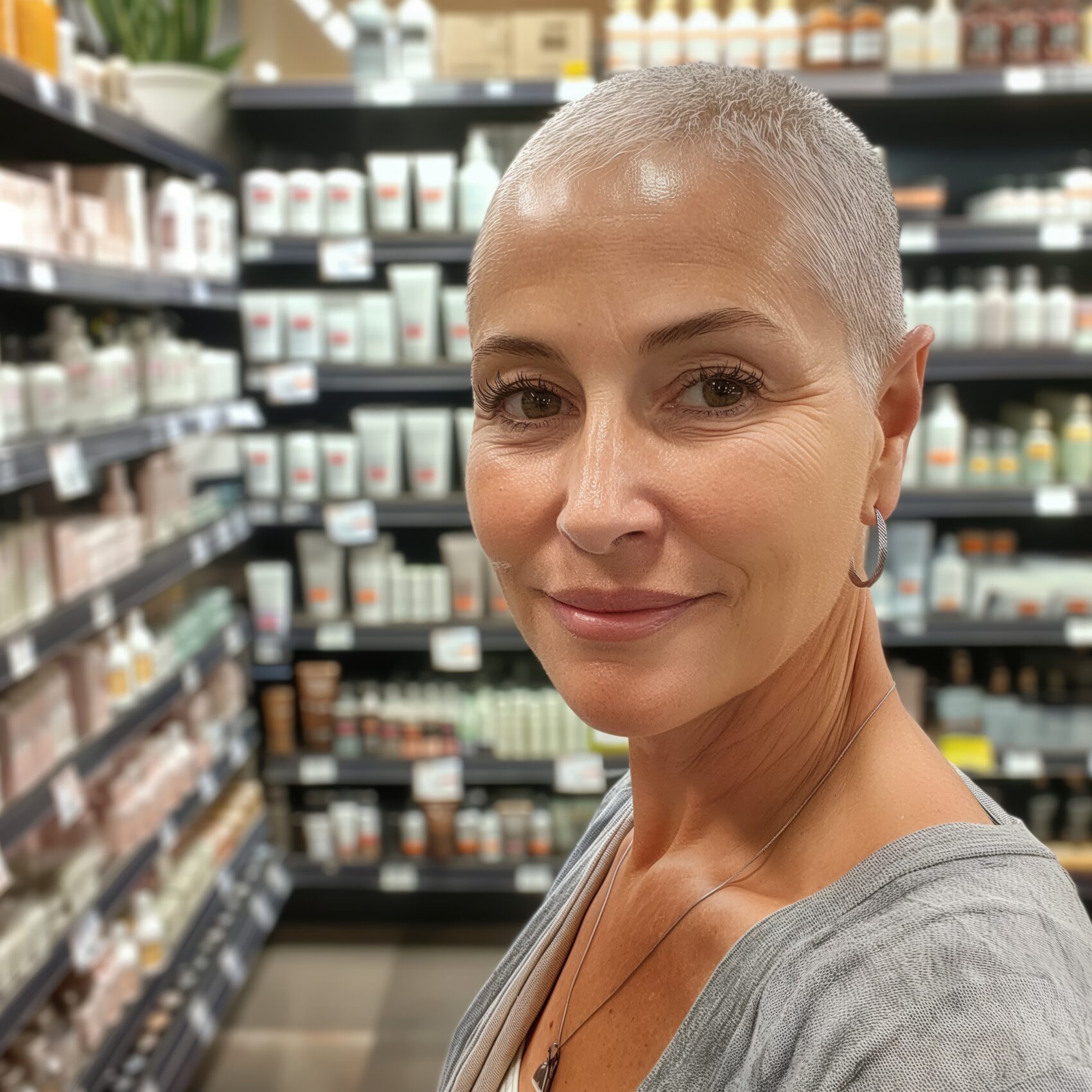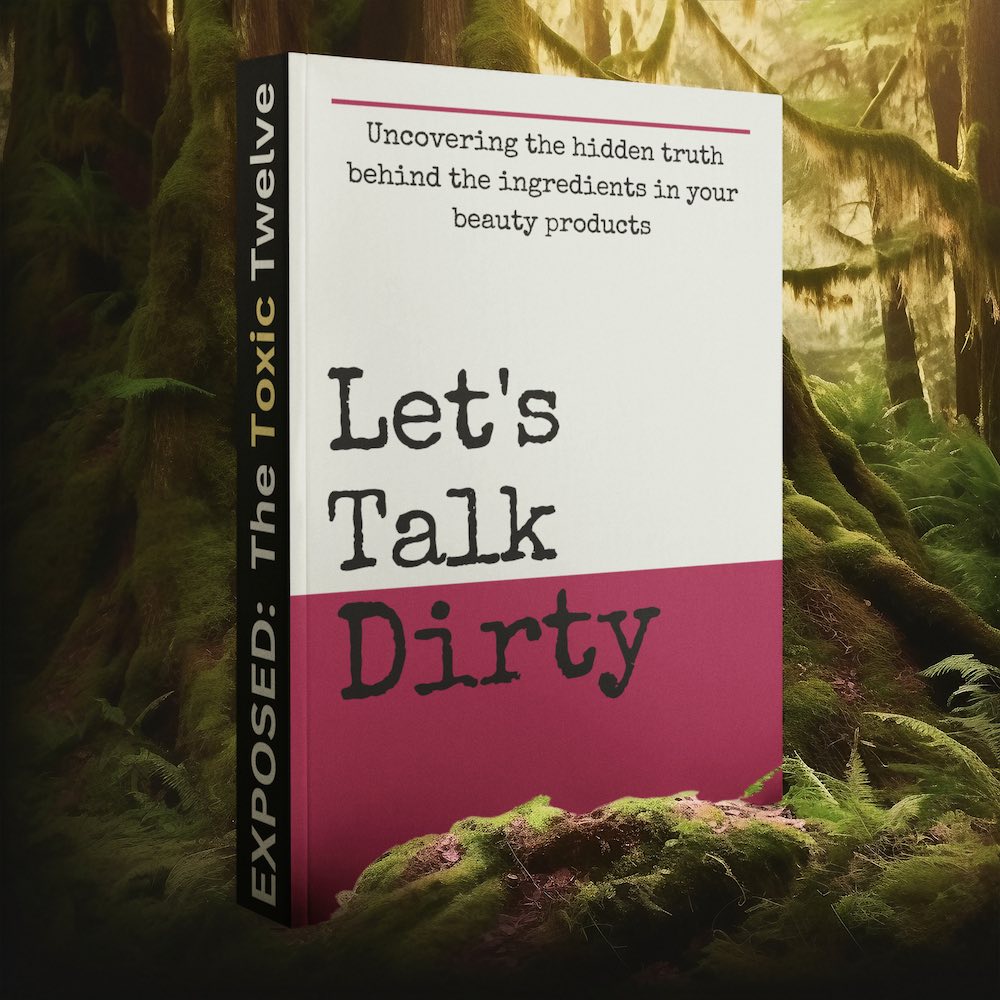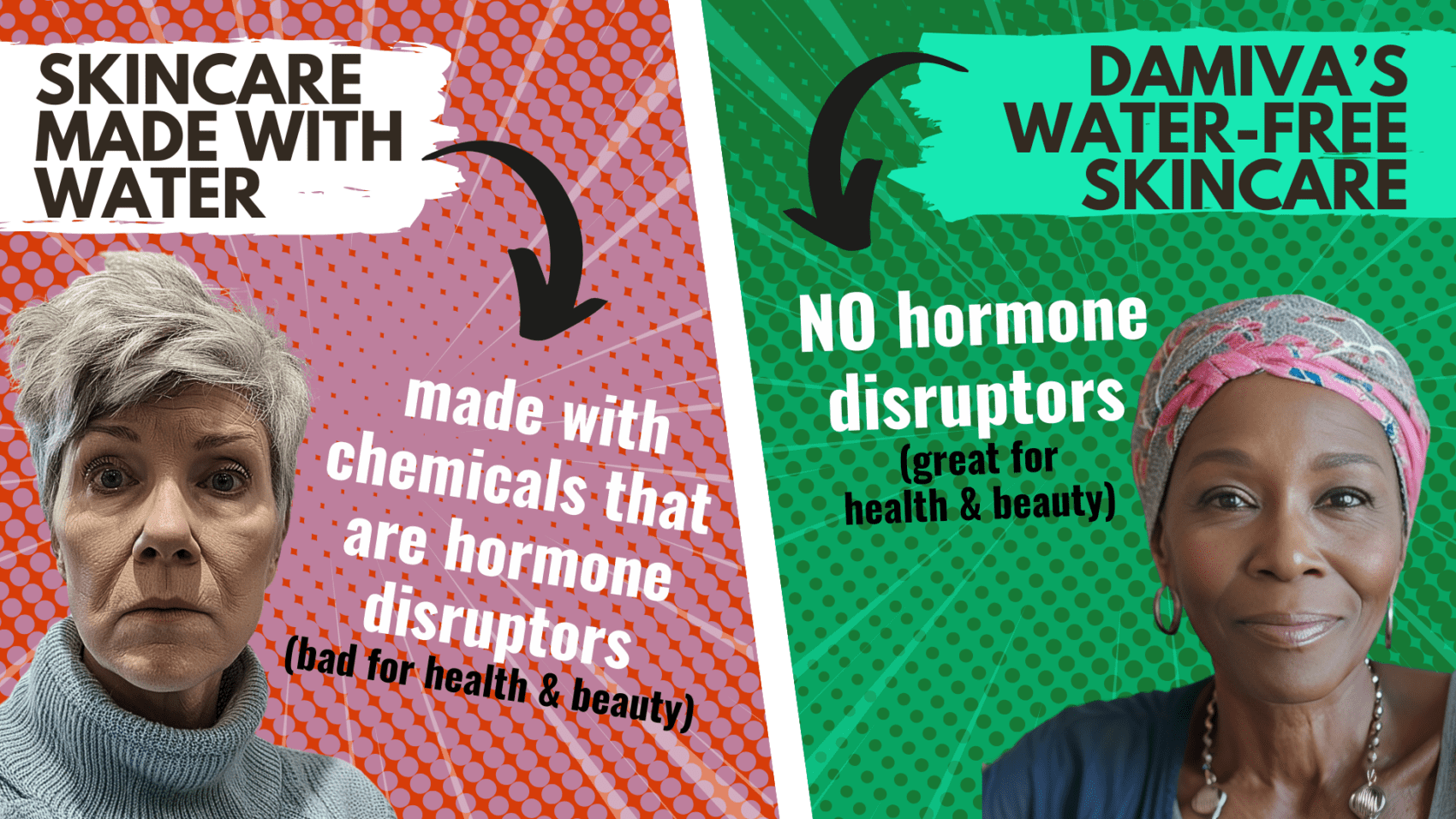Introduction to Endocrine Disruptors
Endocrine-disrupting chemicals (EDCs) are substances, both natural and man-made, that can interfere with the endocrine system’s normal functions. These chemicals can mimic, block, or alter hormone levels within the body, potentially leading to a variety of health issues. The endocrine system, a network of glands that produce hormones, is crucial for regulating metabolism, growth, sleep, and reproduction, among other functions. Given the sensitivity of this system, even minor disruptions can have significant developmental and biological effects.
How Endocrine Disruptors Work
EDCs exert their influence by binding to hormone receptors, interfering with hormone synthesis, or altering hormonal signaling pathways. This can result in an increase or decrease in normal hormone levels, a mimicry of natural hormones, or a change in the natural production of hormones. These disruptions can occur through various routes of exposure, including ingestion, inhalation, and dermal absorption, making them a pervasive threat to health.
Common Endocrine Disruptors in Skincare
Skincare products can contain a range of endocrine disruptors, such as phthalates, parabens, triclosan, and certain UV filters. These substances are used for their beneficial properties in cosmetics, like extending shelf life or protecting the skin from UV radiation. However, their ability to penetrate the skin and enter the bloodstream raises concerns about their potential endocrine-disrupting effects.
Potential Health Impacts
The health implications of exposure to endocrine disruptors in skincare are wide-ranging and can include hormonal imbalances, reproductive issues, increased cancer risk, and developmental problems in children. The long-term effects are particularly concerning, as they may not become apparent until years after exposure. Vulnerable populations, such as pregnant women and children, are at an even greater risk of adverse health outcomes due to EDCs.

Do you have the most commonly used but toxic, disease bringing chemicals in your skin care? Many chemicals in skincare are hormone disruptors and make menopause symptoms worse.
Find out more…
Understanding the Skin’s Role
The Skin as a Barrier and Conduit
The skin, our body’s largest organ, serves as a critical barrier protecting us from external harm. It is composed of multiple layers, each with specific functions, but primarily, the skin acts as a shield against physical injuries, microbes, and harmful substances. However, it is not an impermeable fortress. To the contrary! The skin also functions as a conduit, allowing certain substances to pass through its layers and enter the bloodstream. This dual role of the skin as both a barrier and a conduit is essential in understanding how skincare products can affect our health.
Absorption of Chemicals Through Skin
While the skin does an excellent job at blocking out many substances, it can also absorb chemicals, including endocrine disruptors found in some skincare products. These disruptors can penetrate the skin’s outer layer and make their way into the body’s circulatory system. Once inside, they can mimic, block, or interfere with our natural hormones, potentially leading to a range of health issues. The rate of absorption can be influenced by factors such as the chemical’s molecular size, the health of the skin, and the duration of exposure.
The Importance of Choosing Safe Skincare Products
Given the skin’s ability to absorb chemicals, it is crucial to be discerning about the skincare products we use. Choosing safe skincare products is not just about avoiding immediate skin reactions or allergies; it’s about long-term health. Products that are free from harmful endocrine disruptors can help maintain the body’s hormonal balance and overall well-being. Women and men alike are encouraged to educate themselves on the ingredients in their skincare products and to opt for those with safe, non-toxic components. By doing so, we can minimize our exposure to endocrine disruptors and protect our health from their potential adverse effects. The best way is to go all-natural and opt for chemical-free skincare, as chemicals generally are very unhealthy and can build up over time.

Finally Peace of Mind! NO more worries, no more hassle in checking the labels of creams and lotions.
I found skin care and beauty without chemicals. Chemicals in skin care are hormone disruptors and could turn out very bad for me. I need to stay away from them.
Safe ingredients, no doubts, no compromises and no false promises.
Identifying Endocrine Disruptors in Skincare Products
Reading and Understanding Ingredient Labels
Understanding the ingredients in skincare products is crucial for identifying potential endocrine disruptors. Manufacturers are required to list ingredients on product labels, but these lists can be daunting with complex chemical names and abbreviations. To start, familiarize yourself with the names of common endocrine disruptors. Look for ingredients that end in “-paraben” (e.g., methylparaben, propylparaben) and those starting with “phthalate” (e.g., diethyl phthalate). Also, be wary of vague terms like “fragrance” or “parfum,” which can hide a cocktail of undisclosed chemicals, some of which may be endocrine disruptors. When in doubt, use databases like the Environmental Working Group’s Skin Deep database to research product safety.
Common Skincare Ingredients to Avoid
- Phthalates: Often found in products to increase flexibility and durability, phthalates can be hidden under “fragrance.” Look out for DBP, DEHP, and DEP, among others.
- Parabens: Used as preservatives, parabens can mimic estrogen and disrupt hormonal balance. Avoid ingredients with “paraben” in their name.
- Triclosan: An antimicrobial agent that can affect thyroid function.
- Oxybenzone: Common in sunscreens, it can act like estrogen in the body.
- Formaldehyde: A preservative and known carcinogen that can be released by other preservatives.
- Retinyl palmitate: Used in anti-aging products, it may speed the development of skin tumors and lesions.
Alternative Ingredients and Safe Substitutes
Fortunately, there are safer alternatives to endocrine-disrupting chemicals in skincare. Opt for products with natural preservatives like neem oil, rosemary extract, or honey. Instead of synthetic fragrances, choose products scented with essential oils. For sun protection, look for non-nano zinc oxide or titanium dioxide as active ingredients. When it comes to moisturizers and serums, seek out those with plant-based oils and butters, such as shea butter, jojoba oil, or argan oil. These natural ingredients provide effective skincare benefits without the risks associated with endocrine disruptors.
By educating yourself on the ingredients to avoid and seeking out natural alternatives, you can significantly reduce your exposure to endocrine disruptors in skincare products. Remember, what you put on your skin can have a profound impact on your overall health, making it essential to choose your skincare products wisely.

Feeling You Have a Right to Safe Beauty & Fem Care?
If so, it may be time for a change. It starts with knowledge. We have a few suggestions in our new guides.
The Impact of Endocrine Disruptors on Women’s Health
Hormonal Imbalances and Related Conditions
Endocrine disruptors in skincare products can lead to hormonal imbalances in women, as these chemicals can mimic, block, or interfere with the body’s natural hormones. Hormones such as estrogens, androgens, and progesterones are crucial for various bodily functions, including reproductive health, metabolism, and growth. Disruption of these hormones can result in a range of conditions, including:
- Menstrual irregularities
- Polycystic ovary syndrome (PCOS)
- Endometriosis
- Infertility
- Early onset puberty
These conditions not only affect a woman’s reproductive health but can also have broader implications for her overall well-being.
Long-Term Health Risks
Continuous exposure to endocrine disruptors can pose long-term health risks. Studies have linked these chemicals to an increased risk of certain cancers, particularly those sensitive to hormones, such as breast and ovarian cancers. Other long-term effects may include:
- Metabolic disorders, including obesity and diabetes
- Thyroid dysfunction
- Cardiovascular diseases
- Osteoporosis
It is essential to recognize that even low-level exposure to endocrine disruptors can lead to subtle changes in hormone activity, which over time can accumulate and potentially lead to serious health issues.
Specific Concerns for Women Aged 45 and Above
For women aged 45 and above, the concerns associated with endocrine disruptors are particularly acute. As women approach menopause, they experience natural hormonal changes, which can be further complicated by exposure to these chemicals. This can lead to more severe menopausal symptoms or disorders associated with postmenopausal health, such as:
- Increased risk of developing breast cancer
- Exacerbation of cardiovascular health issues
- Increased risk of developing type 2 diabetes
- Decline in bone density, leading to a higher risk of fractures
Moreover, women in this age group may have had longer cumulative exposure to endocrine disruptors, increasing the likelihood of chronic health conditions. Therefore, it is crucial for women, particularly as they age, to be vigilant about the skincare products they use and to seek out safer alternatives that do not contain endocrine-disrupting chemicals.

Bette 100% All-Natural Relaxing Lavender Body Lotion.
Chemical-Free
Your relaxing night time body moisturizer to leave the day’s stress behind. Decompress and wish your body good night with the calming scent of lavender.
Choosing Safer Skincare Options
All-Natural Skincare Benefits
As awareness of the potential dangers of endocrine disruptors in skincare grows, many consumers are turning towards natural and organic products. These products are derived from ingredients that are grown and processed without synthetic fertilizers, pesticides, or genetically modified organisms. The benefits of using natural and organic skincare include:
- Skin Compatibility: Natural ingredients are more likely to be in harmony with the skin, reducing the risk of irritation and allergies.
- Nutrient-Rich: Organic skincare products often contain higher levels of vital antioxidants, vitamins, and minerals that nourish the skin.
- Environmental Impact: Organic farming practices promote biodiversity and reduce chemical runoff, making these products a more eco-friendly choice.
- No Hidden Harms: With a focus on pure and wholesome ingredients, natural and organic skincare products are less likely to contain hidden endocrine disruptors.
How to Select Chemical-Free Skincare Products
Selecting chemical-free skincare products requires vigilance and a bit of know-how. Here are some tips to help you choose safer options:
- Read Labels: Familiarize yourself with ingredient names and look out for known endocrine disruptors like parabens, phthalates, and synthetic fragrances.
- Research Brands: Choose brands that are transparent about their ingredients and committed to avoiding harmful chemicals, like Damiva Water-free.
- Look for Simplicity: Products with a shorter ingredient list are often less likely to contain unnecessary additives.
- Be Wary of Misleading Claims: Terms like “natural” and “dermatologist-tested” are not regulated and can be misleading. Verify the claims by checking the ingredients.
- Most importantly: Use only Water-free Skincare. The moment water is mixed into a lotion, cream, moisturizer etc, bacteria can grow. To make the product shelf-stable, chemicals need to be added into the product.
By following these tips, you can be more confident that the skincare you select is safer for your health and the environment.
In conclusion, opting for natural and organic skincare products, understanding how to read labels, and relying on certifications can significantly reduce your exposure to endocrine disruptors. These steps not only contribute to healthier skin but also support a more sustainable and ethical beauty industry.
By the way, something for you, a little gift!!!
I am just in the middle of publishing my book. It’s about How women can balance their hormones. One part is about food and diet, of course.
Follow this link and enter your email.
I will send you this part of the book for free once the book is published. It has many concrete, practical tips and recipes and will help you feel better during menopause or times of Big hormonal fluctuations.
Annette, Damiva Lead for Health & Wellness

Lifestyle Tips for Reducing Exposure
Dietary Considerations and Endocrine Health
What we eat significantly impacts our endocrine health. Consuming organic foods can reduce exposure to pesticides known to act as endocrine disruptors. Prioritize organic produce, especially for items known to have high pesticide residues. Additionally, consider incorporating foods rich in fiber and antioxidants, which can help the body detoxify naturally. Avoiding or limiting intake of processed foods, which often contain chemicals like phthalates and BPA, is also crucial. Using glass or stainless steel containers instead of plastic for food storage can further minimize exposure to harmful chemicals.
Environmental and Household Contributors
Our homes can be hotspots for endocrine disruptors. Regular dusting and vacuuming with a HEPA filter can reduce the accumulation of chemicals from flame retardants and other sources. Opt for fragrance-free or naturally scented products, as “fragrance” can be a catch-all term for numerous undisclosed chemicals. When it comes to cleaning, choose products with transparent ingredient lists or make your own from natural ingredients like vinegar and baking soda. Additionally, be mindful of the cookware you use; non-stick pans can release harmful substances when heated, so consider alternatives like cast iron or stainless steel.
Holistic Approaches to Skincare and Wellness
Adopting a holistic approach to skincare and wellness involves more than just choosing the right products. It’s about understanding the body’s needs and reducing the overall chemical burden. Embrace a minimalist skincare routine, focusing on products with simple, all-natural ingredients, free from synthetic chemicals. Hydration, both through drinking water and using hydrating topical products, is fundamental for maintaining healthy skin. Regular exercise and stress-reduction techniques like meditation can also support endocrine health. Lastly, stay informed about the ingredients in your skincare products and their potential effects on your health. Use trusted brands that have done their research into chemical-free, all-natural formulations and have a track record, e.g. patents, which show their commitment.
Remember: Reducing exposure to endocrine disruptors is a proactive step towards maintaining overall health. By making conscious choices about what we eat, how we maintain our homes, and the skincare products we use, we can significantly lower our risk of endocrine disruption and its associated health concerns.
Conclusion: Empowering Choices for Healthier Skin
Summary of Key Points
In this article, we have explored the pervasive issue of endocrine disruptors in skincare products and their potential impact on our health. Endocrine disruptors, such as parabens, phthalates, and sulfates, can interfere with our body’s hormonal systems and have been linked to various health concerns, including reproductive issues, hormonal imbalances, and increased cancer risk. The skin, as our largest organ, plays a crucial role in absorbing these chemicals, making it imperative to choose skincare products wisely.
Taking Action for Your Health and Well-being: Avoid Water-based Skincare.
To protect your health and the integrity of your skin, it is essential to take proactive steps. Start by reading and understanding ingredient labels on skincare products, avoiding those with known endocrine disruptors and water. Opt for water-free alternatives that only use natural ingredients and are transparent about their formulations. A holistic approach to skincare, ultimately, is to only use products with zero synthetic chemicals and supporting brands like Damiva that prioritize womens health and environmentally friendly practices.
Continued Education and Advocacy
Empowerment comes with knowledge. Continue to educate yourself about the ingredients in your skincare products and their potential effects on your health. Share this knowledge with friends and family to raise awareness and drive demand for safer products. Advocacy is also crucial; support initiatives and legislation that call for stricter regulations on endocrine disruptors in personal care products. By doing so, we can collectively push for an industry that values health over profit and ensures the safety of its consumers.
In conclusion, making informed choices about the skincare products we use is not just about beauty—it’s about our long-term health and well-being. By staying informed, advocating for change, and selecting products that are kind to our bodies and the environment, we can all contribute to a healthier future.









